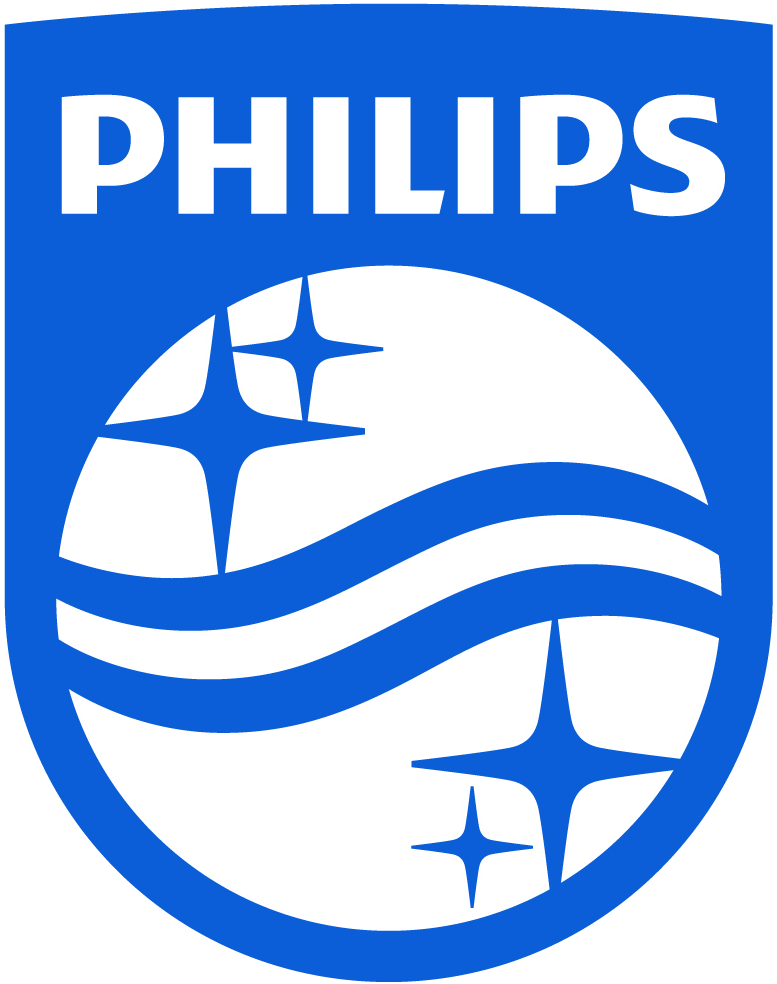
Philips
In Our People strategy, the first step in our mission is to improve our people’s lives and ensure we create the best place to work for people who share our passion. A key aspect of this strategy is to consider health and well-being as part of the employee experience.
In December 2016, Philips launched its Global Health and Well-being Strategy which aligned to three focus areas – Health Lifestyle & Vitality, Healthy Safe Workplace and Well-being at Work. The focus area, Well-being at Work, helps to support the mental health of employees and underscores the idea that an inclusive and caring workplace is a productive workplace. We work hard to support employees to “feel empowered and in control” at work. This means supporting them in reaching a work-life balance, promoting positive working relationships and developing their passion for their work.
Philips recognizes that creating this supportive workplace culture must be affected through multiple channels. Leadership engagement is critical to changing workplace culture where employees feel included and a valuable part of an organization. Philips will focus on training leadership to acquire skills to help identify and proactively manage the environmental and behavioral risks that can contribute to an unhealthy work environment – underlying root causes of unhealthy workplace stress. In addition, employee awareness and engagement must be complement leadership initiatives. Therefore, Philips also focuses on training employees to identify triggers that could affect their resilience in the workplace, along with skills on how to address them effectively.
- Primary level. Measures Stress climate and focuses on organizational-level interventions and corporate stress prevention initiatives.
- Secondary level. Interventions that focus upon the detection and management of experienced stress, and the enhancement of team and individual vitality, to more effectively manage stressful conditions by increasing awareness, knowledge, skills and coping resources.
- Tertiary level. Interventions are reactive and focus upon the curative approach to Common Mental Health Disorders (CMD) for those individuals suffering from ill-health as a result of stress.
Targeted Outcomes:
- Understand and continuously measure the problem – Employee feedback surveys provide feedback on workplace issues and enable focus on managing concerns before they escalate. The aim of these surveys is to meet or exceed employee satisfaction levels compared with comparable organizations.
- Develop leadership awareness of the risks that can contribute to an unhealthy work environment, enhance leadership skills to address workplace stress and assess performance in promoting a stress-free workplace.
- Fewer cases of clinically diagnosed Common Mental Disorders (CMD)
- Demonstrate link between employee wellness, vitality and enhanced productivity / output and reduced absenteeism
- Demonstrate de-stigmatization of CMD by resulting in superior employee engagement
Historically, Philips has promoted a number of employee Wellness & Mindfulness-led programs to address management of stress in locations including the Netherlands, USA, UK, India and China (e.g., Happy and Healthy, Lunch and Learn). Some internal stress reduction projects with external support (e.g., University of Utrecht) were completed. A successful Stress Management program was implemented in the UK and Philips is exploring how this can be leveraged across the company. Philips also provides outsourced medical support in the Netherlands and the UK.
We have also empowered our markets to deliver their own initiatives, specifically focusing on Well-being at Work and supporting positive Mental Health. These initiatives have incorporated Private Medical Insurance (PMI), Occupational Health services, Mindfulness workshops, trained Mental Health Champions and Employee Assistance Program (EAP) as support.
- We will start with our Leaders who need to acquire additional skills that will help them to identify and proactively manage the underlying root causes of stress for themselves and others.
- We need to educate and empower our People Managers by educating them in Mental Health issues, Mindfulness and we recognize the need to de-stigmatize the impact of CMD in the workplace, starting with their own teams.
- We need to engage all employees and make them aware of the issues, and create a culture of inclusion where they feel comfortable in reporting them and give them the tools and time to manage them effectively.
- Communication at all levels will be critical.
Looking Ahead:
- In August 2018 under direction of Ronald de Jong, Chief HR Officer, Philips launched an initiative to pull Mental Health into a formal Occupational Health program. This program will have a proactive focus in eliminating the root causes of stress in the workplace. It will also deliver medical support to manage any cases that do occur.
- Philips is trialing an assessment protocol – Copenhagen Psychosocial Questionnaire (COPSOQ) in Germany and investigating its applicability company-wide, but operationalized through proactive Wellness & Vitality programs across the company.
- A major Stress Management pilot project is being deployed in the Netherlands. Occupational Health provision is being enhanced as part of the upgrade of the Health and Safety Department and they are reviewing previous projects and learnings with a mandate to produce one consistent Stress Management program grounded in Occupational Health.
- One internal program (secondary level) was developed in collaboration with the University of Utrecht. This measured a baseline of Absenteeism, Motivation and Orders Booked on Time. The intervention focused on engaged leadership with the goal of: “strengthening, connecting, empowering and inspiring their team members. Leaders promote the fulfillment of followers’ basic psychological needs for competence, relatedness, autonomy, and meaningfulness respectively.” The project demonstrated clear gains in all three measurements. We are revisiting this to evaluate its potential as a component of a bespoke Philips Stress Management Program.
In order to achieve this, Philips has formed a multi-disciplinary team to craft a practical solution that will meet our commitment to improve our people’s lives and ensure we create the best place to work for people who share our passion.
Frans van Houten
Chief Executive Officer
Philips